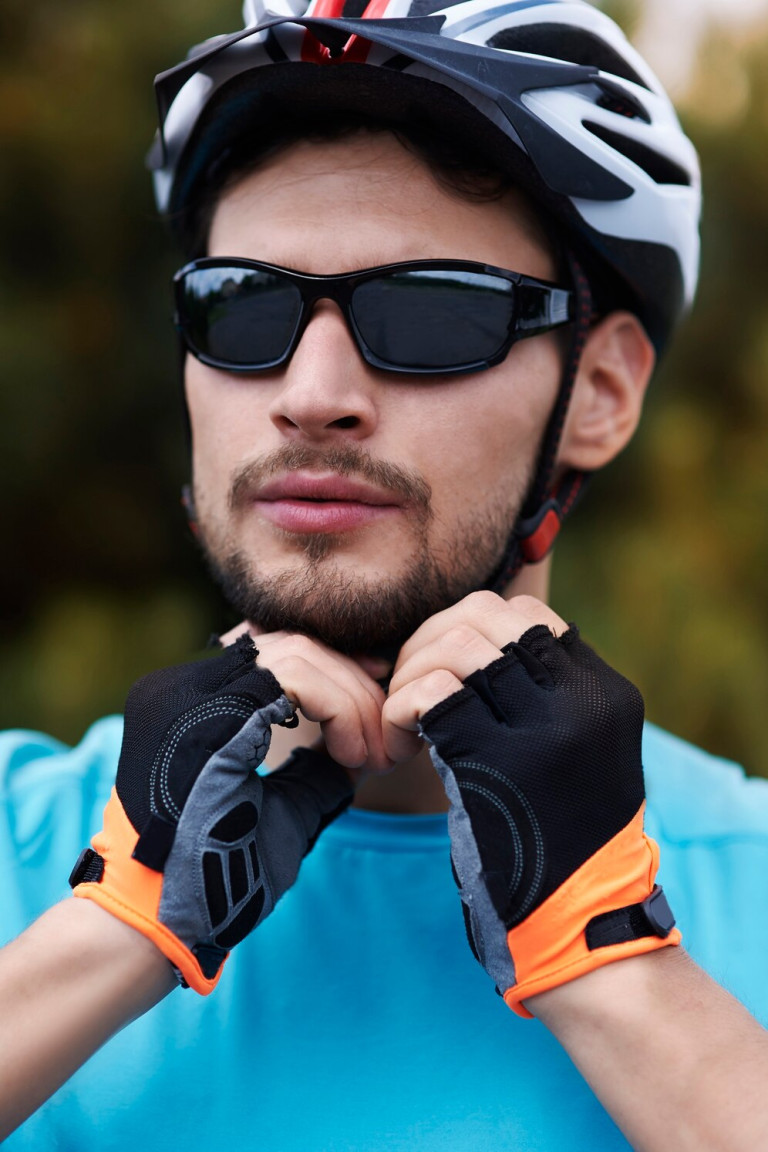
Safety Essentials: Riding Skills & Gear
- By John Walker | Jan 19, 2024
Safety Essentials for Sport Bike Enthusiasts: Mastering Riding Skills and Gear
Sport biking is an exhilarating passion, but ensuring a safe and enjoyable ride requires a combination of honed riding skills and the right protective gear. This comprehensive guide delves into the essential aspects of safety, offering insights into mastering riding skills, choosing the right gear, and adopting precautions to enhance the overall safety of sport bike enthusiasts.
1. Mastering Riding Skills:
- Basic Riding Techniques: Before hitting the open road, riders must master fundamental skills such as proper posture, effective braking, and smooth throttle control. Basic riding techniques lay the foundation for safe and confident riding.
- Advanced Riding Courses: Consider enrolling in advanced riding courses offered by accredited motorcycle safety organizations. These courses provide valuable insights into defensive riding, cornering strategies, and emergency maneuvers, elevating your skillset to a higher level.
2. Essential Riding Gear:
- Helmet: The helmet is a non-negotiable piece of gear, providing crucial head protection. Choose a helmet that meets safety standards, fits snugly, and allows for clear vision. Full-face helmets offer the best overall protection.
- Protective Clothing: Invest in abrasion-resistant jackets, pants, and gloves to safeguard against road rash in the event of a fall. High-quality motorcycle-specific gear with armor inserts enhances protection without compromising comfort.
- Boots: Sturdy, over-the-ankle boots provide essential foot and ankle protection. Look for boots with non-slip soles and reinforced shin and heel areas to enhance safety during rides.
3. Precautions for Safe Riding:
- Regular Maintenance: Ensure your sport bike undergoes regular maintenance checks. Well-maintained brakes, tires, lights, and other critical components contribute to a safer riding experience.
- Weather Awareness: Be conscious of weather conditions before embarking on a ride. Wet or slippery roads demand increased caution, and proper gear for adverse weather conditions is essential for rider safety.
- Visibility: Enhance your visibility on the road by using reflective gear and ensuring your bike's lights are in optimal condition. Being seen by other motorists is crucial for avoiding collisions.
4. Mental Preparedness:
- Situational Awareness: Develop a keen sense of situational awareness by scanning the road, anticipating potential hazards, and staying vigilant. Being mentally prepared for various scenarios enhances your ability to react quickly and effectively.
- Avoid Distractions: Riding demands full attention. Avoid distractions such as texting, adjusting music, or engaging in activities that divert focus from the road.

